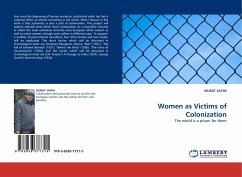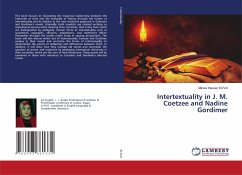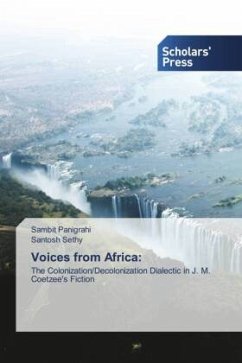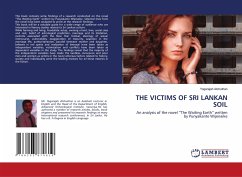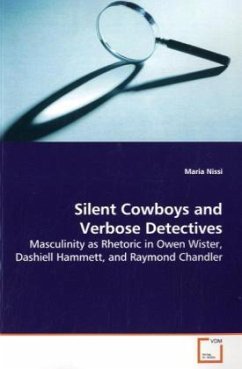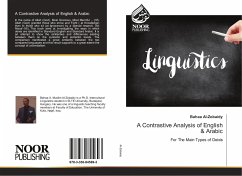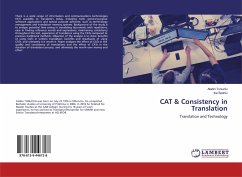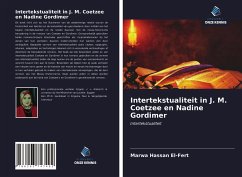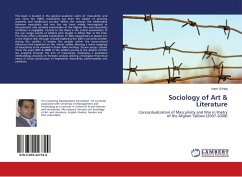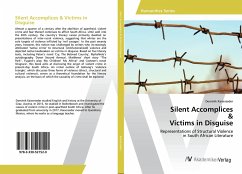
Silent Accomplices & Victims in Disguise
Representations of Structural Violence in South African Literature
Versandkostenfrei!
Versandfertig in 6-10 Tagen
37,99 €
inkl. MwSt.

PAYBACK Punkte
19 °P sammeln!
Almost a quarter of a century after the abolition of apartheid, violent crime and fear thereof continues to afflict South Africa. Until well into the 20th century, the country's literary canon primarily dwelled on presentations of inter-racial violence, suggesting that whites are the sole targets of violence inflicted by 'evil savages'. In the past seventy years, however, this notion was challenged by writers who increasingly attributed 'native crime' to structural (institutionalized) violence and depicted native lawbreakers as victims in disguise. Based on five literary texts, including Paton...
Almost a quarter of a century after the abolition of apartheid, violent crime and fear thereof continues to afflict South Africa. Until well into the 20th century, the country's literary canon primarily dwelled on presentations of inter-racial violence, suggesting that whites are the sole targets of violence inflicted by 'evil savages'. In the past seventy years, however, this notion was challenged by writers who increasingly attributed 'native crime' to structural (institutionalized) violence and depicted native lawbreakers as victims in disguise. Based on five literary texts, including Paton's novel 'Cry, The Beloved Country', Mphahlele's autobiography 'Down Second Avenue', Matthews' short story "The Park", Fugard's play 'My Children! My Africa!' and Coetzee's novel 'Disgrace', this book aims at disclosing the origin of violent crime in present-day South Africa. An initial outline of Galtung's 'violence triangle', which discusses three forms of violence (direct, structural and cultural violence), serves as a theoretical foundation for the literary analysis, on the basis of which the causality of crime shall be explored.



